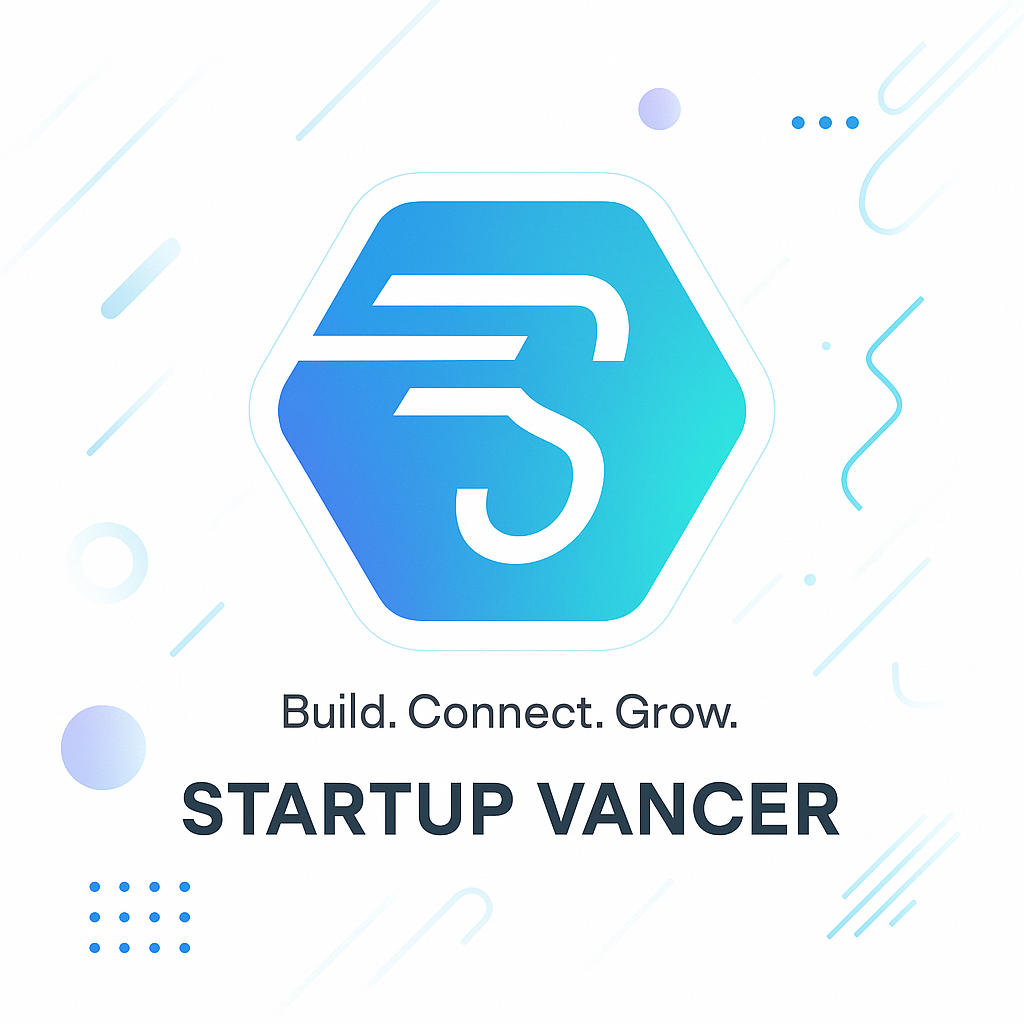
In the rapidly evolving landscape of technology, aspiring entrepreneurs without coding expertise often feel sidelined when it comes to launching a software business. However, the emergence of SaaS startup ideas that cater specifically to non-developers creates a wealth of opportunities. By identifying market gaps, individuals can tap into unmet needs within various industries. Furthermore, leveraging no-code and low-code tools enables these visionaries to bring their SaaS concepts to life quickly and efficiently. As a result, this guide offers insightful pathways for those ready to embark on their entrepreneurial journey in the SaaS realm, even without a technical background.
SaaS Startup Ideas for Non-Developers to Explore
In the evolving landscape of entrepreneurship, non-developers can successfully venture into the SaaS market by identifying unique opportunities. MicroSaaS, a growing segment of the industry, focuses on providing specialized solutions to niche markets, making it ideal for individuals without extensive technical skills. For example, consider a platform that streamlines budgeting for college students, enabling easy tracking of expenses and discounts.
Additionally, building tools for specific industries, such as a property management application tailored for Airbnb hosts, can fulfill unmet needs while maximizing user engagement.
Here’s a brief table of ideas suitable for aspiring non-developers:
| SaaS Idea | Target Audience | Core Features |
|---|---|---|
| Budget Buddy | College Students | Expense tracking, bill splitting, and student discounts feature. |
| AI Photo Enhancer | Airbnb Hosts | Automated enhancement of listing photos to increase booking rates. |
| Learning Buddy | Language Learners | Interactive platform connecting learners with native speakers for real-time practice. |
| Mental Wellness Hub | Employees in Corporate Settings | Stress management resources and anonymous support chats for workplace mental health. |
By leveraging these ideas, non-developers can tap into the SaaS market’s potential, transforming their insights into viable business solutions that address real customer needs.

Identifying Market Gaps for Your SaaS Startup Ideas
Identifying market gaps is crucial for aspiring SaaS entrepreneurs, especially for those without a technical background. By targeting unaddressed problems or underserved audiences, one can develop solutions that fill these gaps. Here are several strategies to effectively pinpoint potential opportunities:
| Strategy | Description |
|---|---|
| Conduct Market Research | Analyze competitors and gather insights on user pain points through surveys and interviews. |
| Utilize Online Communities | Engage with forums, Reddit threads, and social media groups to discuss challenges faced by specific industries. |
| Leverage Industry Trends | Identify emerging trends in technology or lifestyle changes that create new needs; for instance, the shift towards remote work has increased the demand for collaboration tools. |
| Analyze User Feedback | Explore reviews on existing products; look for common complaints or missing features that users desire. |
| Collaborate with Your Network | Discuss your ideas with friends or colleagues in various fields to gain diverse perspectives and uncover hidden gaps. |
By combining these techniques, non-developers can uncover valuable insights that pave the way for compelling SaaS startup ideas, ensuring that their solutions resonate well with target audiences.
Leveraging No-Code and Low-Code Tools for SaaS Development
In the evolving landscape of SaaS, non-developers can effectively bring their ideas to life through no-code and low-code platforms. These tools democratize software development, allowing individuals without technical expertise to create functional applications rapidly.
| Tool Type | Description | Popular Tools |
|---|---|---|
| No-Code | Enables users to build applications visually without coding. | Bubble, Webflow, Adalo |
| Low-Code | Provides a coding framework but requires minimal development knowledge. | Mendix, OutSystems |
| Automation | Helps streamline processes and workflows without complex coding. | Zapier, Integromat |
By using these tools, aspiring entrepreneurs can efficiently craft their MVPs (Minimum Viable Products), incorporate user feedback, and accelerate their launch cycle. For instance, a user could create a budgeting app through a no-code platform that allows simple drag-and-drop functionality, effectively validating their SaaS startup ideas before investing in extensive development resources. As a result, leveraging no-code and low-code solutions not only reduces time and cost but also fosters innovation, enabling non-developers to thrive in the competitive SaaS market.
Frequently Asked Questions
What are SaaS startup ideas that non-developers can successfully implement?
SaaS startup ideas that non-developers can implement often revolve around identifying specific market needs and leveraging no-code platforms for execution. Examples include tools for task management, budgeting apps for niche audiences, or community-driven platforms that connect users based on shared interests. Non-developers can explore ideas like online tutoring systems, digital marketing solutions, or subscription services tailored for specific industries. The focus should be on understanding user pain points and creating solutions that meet those needs without extensive coding knowledge.
How can non-developers build a SaaS product without programming skills?
Non-developers can build a SaaS product without programming skills by utilizing no-code development platforms, which offer user-friendly interfaces to create applications without writing code. These platforms come equipped with drag-and-drop features, templates, and integrations that simplify the app-building process. Additionally, it’s essential for non-developers to perform thorough market research to validate their idea and understand customer needs. Engaging with potential users for feedback during the development phase can also guide the design and functionality of the product, ensuring it meets market demands.
What steps should non-developers take before launching their SaaS startup?
Before launching a SaaS startup, non-developers should follow several key steps to increase their chances of success. First, conducting comprehensive market research to identify target audiences and their specific needs is crucial. Second, developing a minimum viable product (MVP) using no-code tools allows for early feedback and iteration. Third, creating a marketing strategy to attract initial users and refining the product based on user input is vital. Lastly, establishing a support system for users post-launch ensures a positive experience, leading to higher retention and growth.






